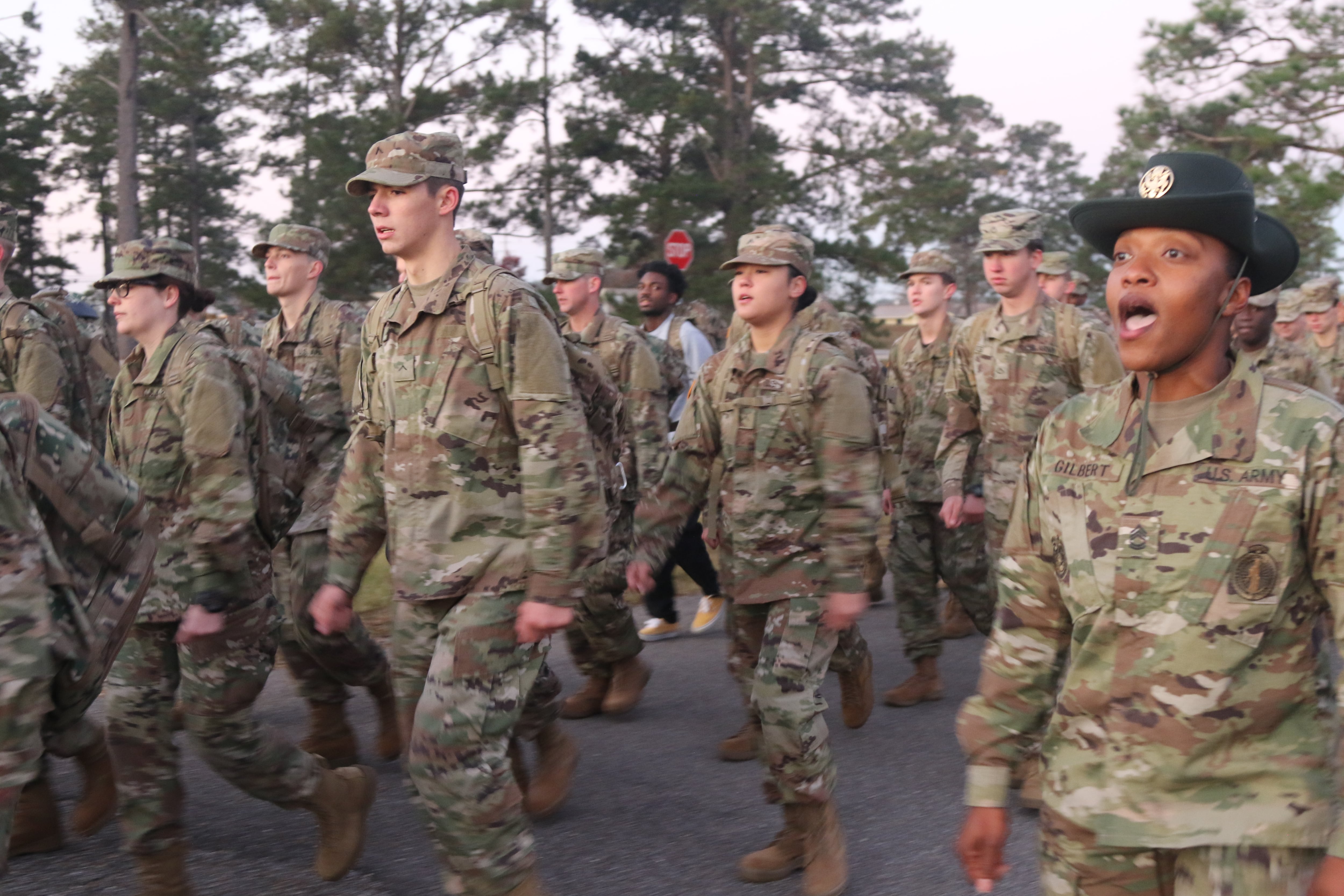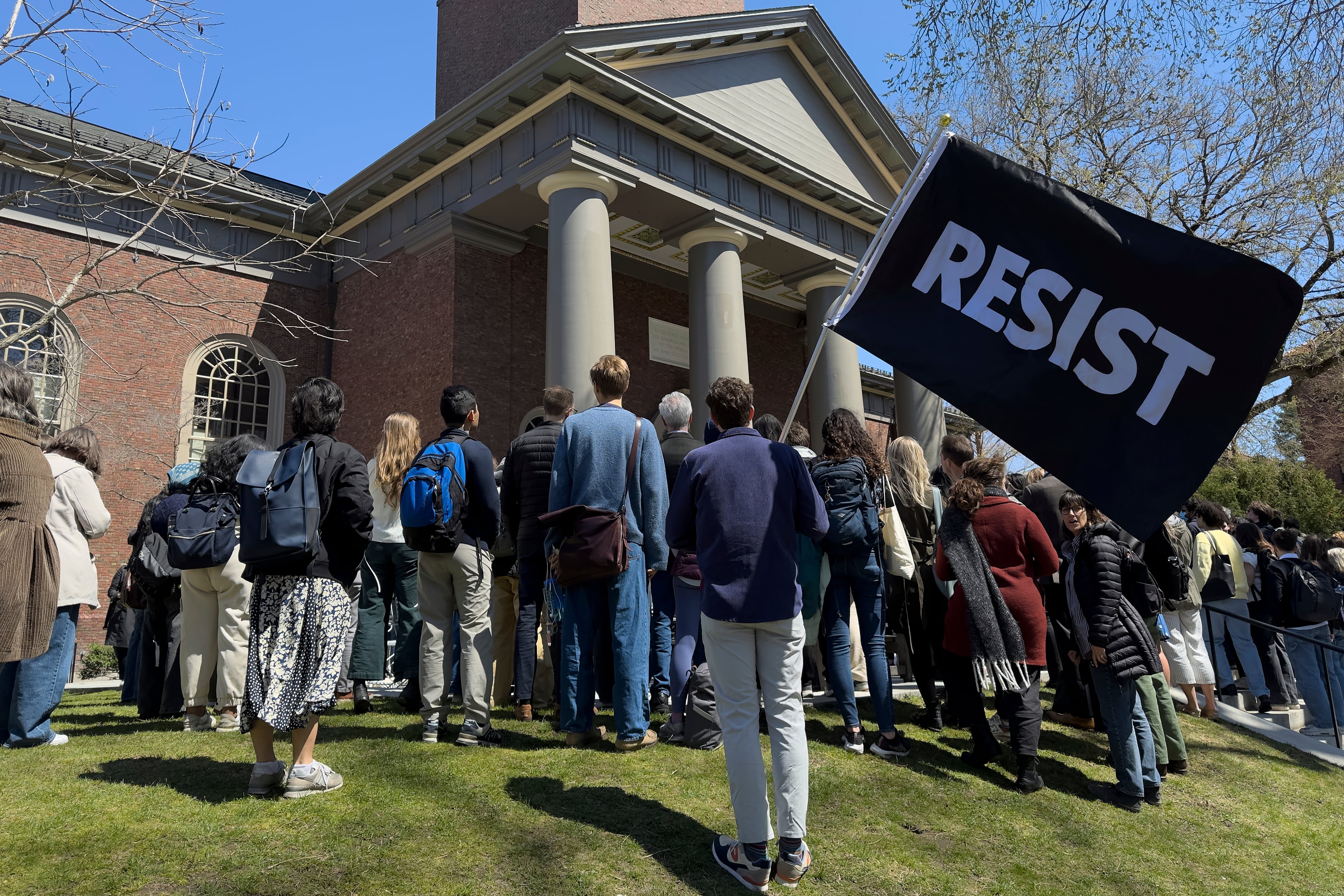Lawmakers are pushing defense officials to release plans ensuring that National Guard and reserve troops aren’t being shortchanged on specialty pay, saying the unresolved issue could undermine recruiting and retention for the force in the future.
In a letter to Defense Secretary Lloyd Austin on Tuesday, a bipartisan group of congress members led by Sen. Tammy Duckworth, D-Ill., and Rep. Tim Ryan, D-Ohio, noted that the information was due Sept. 30, per instructions approved by Congress last year. But to date, the report has still not been delivered to Capitol Hill.
“The Defense Department’s delay in providing this report and certification on time prevents the payment of these incentive pays that are crucial for the retention of critical skills,” the group wrote.
“Incentive pays are vital for retaining qualified talent and are less expensive than training new servicemembers to replace those who would otherwise decide to leave.”
RELATED

At issue are 18 sets of incentive pays that the Defense Department uses to recruit and retain service members with specific skill sets and training. The money can total several hundred dollars extra each month in an individual’s paycheck.
But the lawmakers noted that in the past, Defense Department officials have capped the pay for National Guard and reserve troops at a lower number than active-duty personnel, despite requiring the same level of training and work requirements from them.
“Since reserve-component service members who receive incentive pay are already maintaining the same skills as their counterparts in the active component, they deserve to receive the same amount of incentive pay,” the pair wrote.
As part of the fiscal 2022 National Defense Authorization Act, Congress mandated fixes to the system, to include paying both the reserve troops and active-duty personnel the same specialty pays unless the changes could “negatively affect the force structure.”
That work is nearly a month overdue now. Duckworth and Ryan in their letter asked defense officials to “do right by our reserve component servicemembers” and finalize the changes.
RELATED

“Failure to provide this will only exacerbate the military’s manning crisis, as current reserve component service members weigh whether to continue dedicating their time to maintaining their critical military skills despite this pay disparity or focus instead on opportunities in the civilian labor market of which they are already members,” they wrote.
Defense officials have not yet publicly commented on the issue or the missed deadline. Service leaders have spoken extensively about the difficulties with maintaining end strength levels in recent months, as recruiting has been complicated by the robust civilian job market.
Leo covers Congress, Veterans Affairs and the White House for Military Times. He has covered Washington, D.C. since 2004, focusing on military personnel and veterans policies. His work has earned numerous honors, including a 2009 Polk award, a 2010 National Headliner Award, the IAVA Leadership in Journalism award and the VFW News Media award.




